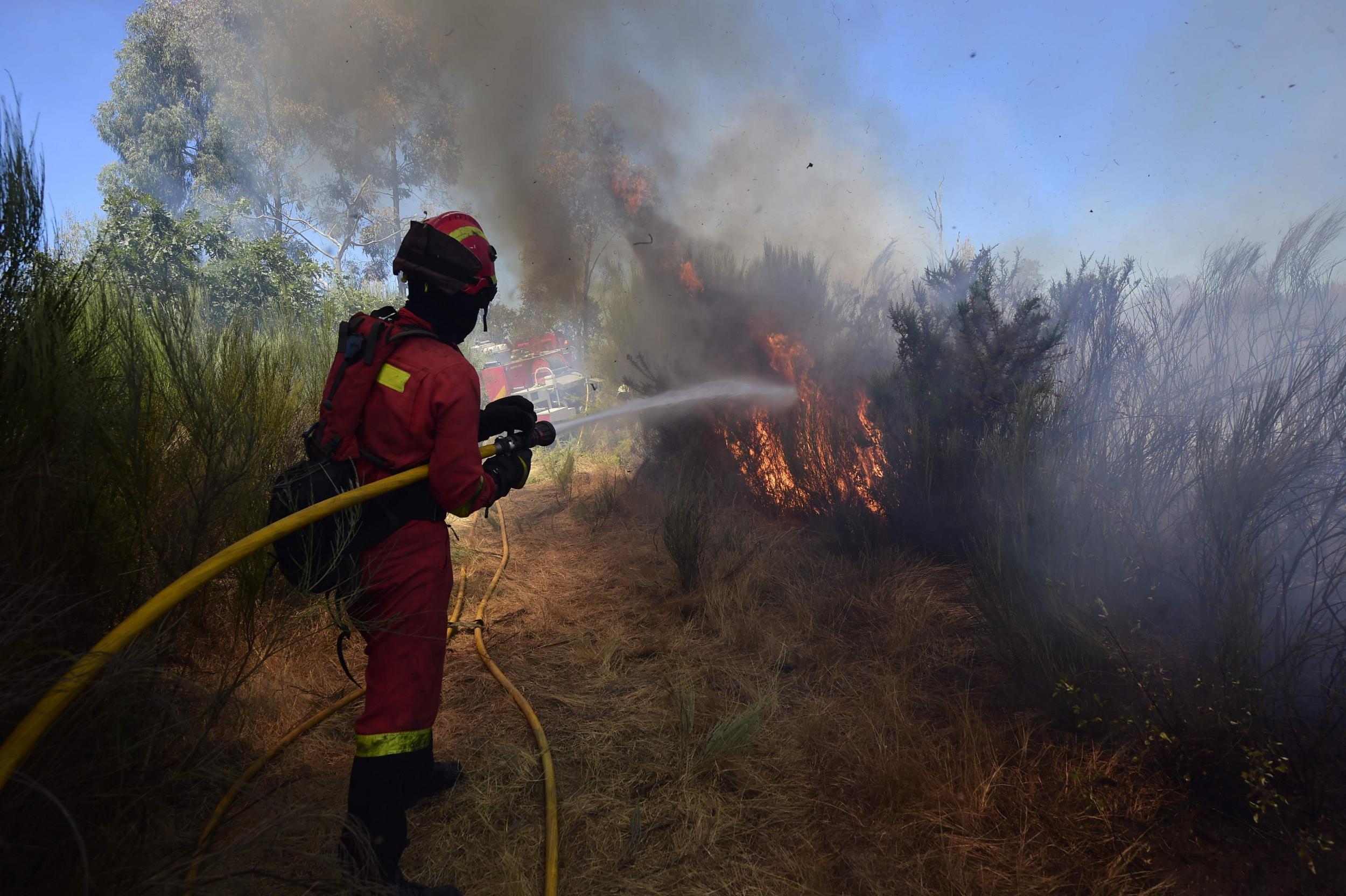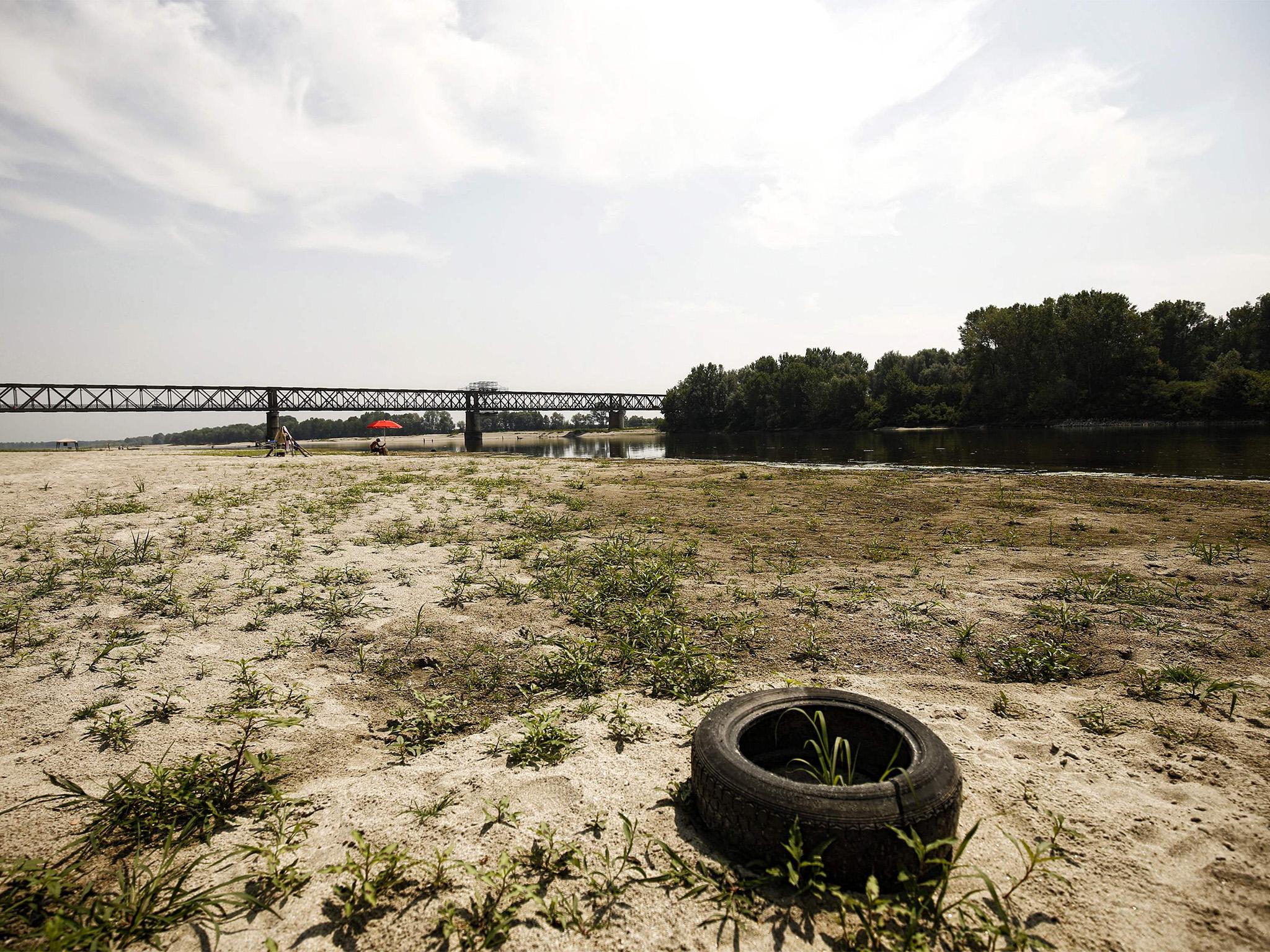Heatwaves kill in 27 different ways, find scientists
Heat-linked deaths increased 2,700 per cent in the last decade but global temperatures are expected to increase in future, making them more common

Researchers have drawn up a list of “at least” 27 different ways that heatwaves, which are becoming more common globally, can kill.
After reviewing scientific literature on heat-related deaths, researchers from the University of Hawaii identified seven organs that could be damaged or shut down leading to death, and five mechanisms that could cause that damage.
Looking at the combinations of these causes and effects, they identified at least 27 ways that heat could cause the body to shut down.
In the past decade, global average temperatures have increased by less than 1°C, but the number of lives lost in heatwaves has increased by 2,300 per cent.
In 2003 a major heatwave across Europe led to more than 70,000 deaths, and in Russia in 2010 a similar climatic event saw more than 10,000 deaths.
Global temperatures are expected to increase by 1°C to 3.7°C, dependent on how successful we are in curtailing global greenhouse emissions.
And one of the authors of the study, published in the journal Circulation: Cardiovascular Quality and Outcomes, saids that laying out the “horror movie” consequences of warming where there are 27 grizzly endings might help shake some of the complacency around climate change.
The vital organs that are damaged or shut down in a heatwave were: the brain, heart, intestines, kidneys, liver, lungs, and pancreas.
These can be shut down in a variety of ways.

When the body is under heat stress it moves blood closer to the skin surface to allow heat to be lost. This can create a loss of blood flow in other organs, known as ischemia, which can cause damaging chemicals to build up and poison organs.
More simply, prolonged high temperatures can damage cells directly, causing them to break down – known as heat cytotoxicity.
This can trigger an inflammatory response in any organ triggering swelling and an immune response from the body which can attack its own tissues.
In responding to these other factors, proteins which regulate blood clotting can be overwhelmed, and the formation of clots throughout the blood stream can cause a blockage in any organ – while a lack of clotting could cause a haemorrhage.

The final impact, caused by exercise or exertion in extreme heat when the body is already ischaemic, sees muscle tissues break down leaking proteins called myoglobin which can poison the kidneys, lungs and liver.
"We know of many case examples when people have died as a result of heatwaves," says lead author Camilo Mora.
But he said the causes of these deaths were “scattered”.
“Dying during a heatwave is like a terror movie with 27 bad endings to choose from," he said. "It is remarkable that humanity overall is taking such a complacency on the threats that ongoing climate change is posing.
"Clearly, reducing the dangers of a warming world will require us to outperform even our most optimistic projections of climate change mitigation yet".
Join our commenting forum
Join thought-provoking conversations, follow other Independent readers and see their replies
Comments
Bookmark popover
Removed from bookmarks